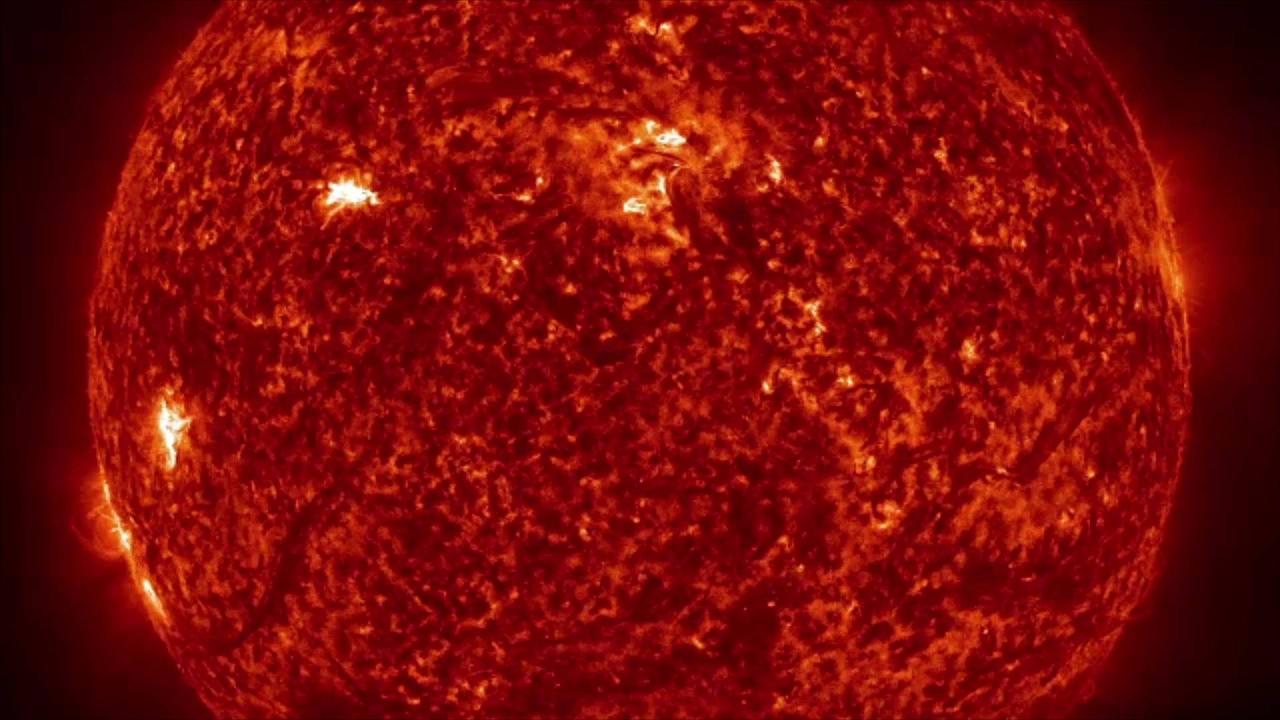
Increased Solar Activity , Raises Concerns , of Disruptions on Earth.
'Newsweek' reports that , solar activity has increased faster, in 2022 than forecasts had predicted.
Now, experts warn of a stronger solar cycle , than in previous years, which could have, dire consequences here on Earth.
Now, experts warn of a stronger solar cycle , than in previous years, which could have, dire consequences here on Earth.
Solar flares and coronal mass ejections, stellar eruptions of radiation and particles, can cause massive disruptions to electrical systems. Solar flares and coronal mass ejections, stellar eruptions of radiation and particles, can cause massive disruptions to electrical systems. The sun follows a roughly 11-year solar cycle in which the star goes from a period of low activity to a period of high activity.
.
'Newsweek' reports that the sun is currently in its 25th cycle, which means solar activity is expected to increase for a few more years.
.
However, the U.S. National Oceanic and Space Administration's Space Weather Prediction Center warns that the current cycle is already much stronger than predicted.
.
The predictions are based on the last cycle or two, which had unusually low activity and long solar minima, so this may be a sign that the Sun is waking up, becoming more active again—part of the normal variation in solar activity, Andrew Coates, professor of physics at University College London's Mullard Space Science Laboratory, via 'Newsweek'.
'Newsweek' reports that our modern reliance on technology increases the potential impact of increased stellar activity.
.
It is expected that the solar cycle that is coming now is going to be a stronger solar cycle, so you have more and more solar activity.
, Robert von Fay-Siebenburgen, professor of mathematics and a space plasma researcher at the University of Sheffield, via 'Newsweek'.
I think we really should be careful and prepare ourselves for the next solar cycle because I think the more we rely on technology the more vulnerable we are to these sunspots, Robert von Fay-Siebenburgen, professor of mathematics and a space plasma researcher at the University of Sheffield, via 'Newsweek'
